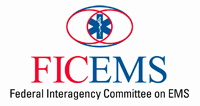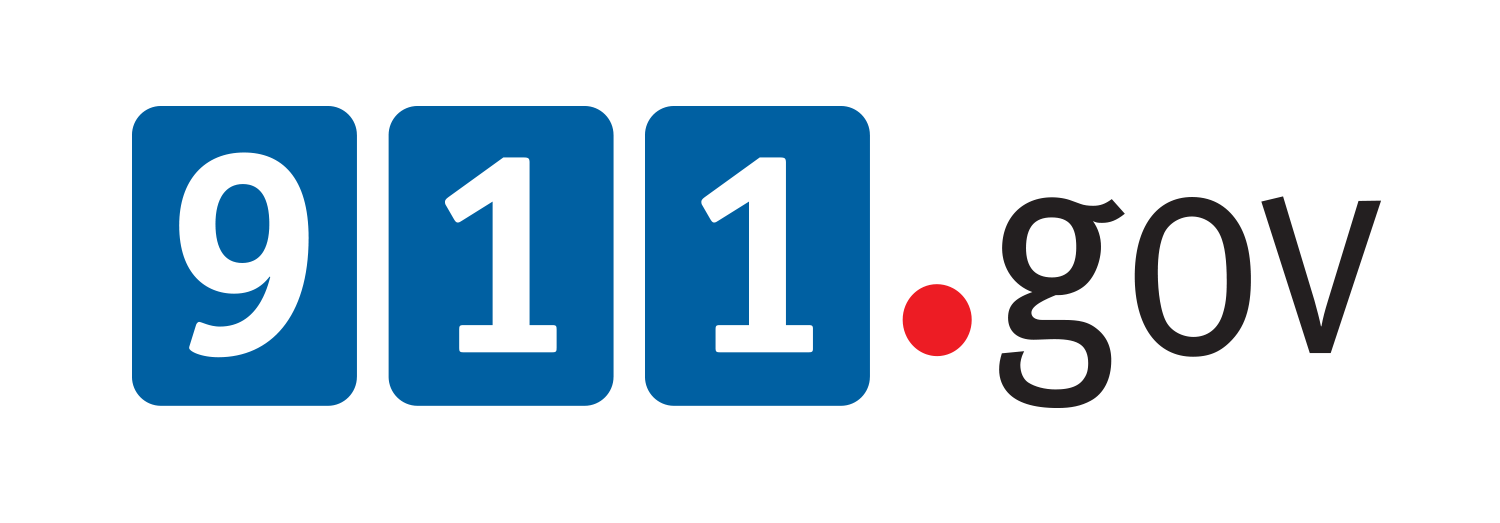Federal Partners in EMS
The nation's EMS systems face significant challenges. Addressing them requires collaboration among a diverse range of National, State, and local experts, united by a common vision and informed by research from the field. Meet the Federal agencies developing the policies, processes and technologies that will guide the next-generation EMS system; one that provides efficient, effective and equitable service in every emergency.
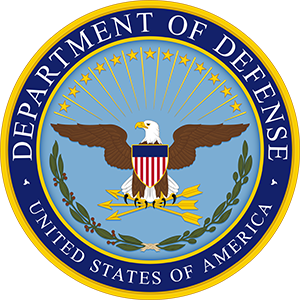
Department of Defense (DoD)
The Department of Defense provides criteria, guidance and instructions to inform the delivery of EMS in appropriate DoD programs. Worldwide, DoD active duty and civilian EMS personnel respond to emergency incidents both on military installations and (through mutual aid agreements) in the local community. Unique to the DoD, EMS personnel trained both to community standards and specialized levels of care deliver EMS in forward deployed and hostile areas, including in combat and combat support.
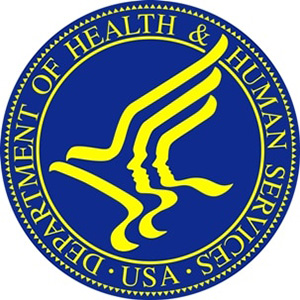
Department of Health and Human Services (DHHS)
The Department of Health and Human Services provides sound, sustained advances in the sciences underlying medicine, public health and social services to enhance the health and well-being of all Americans.
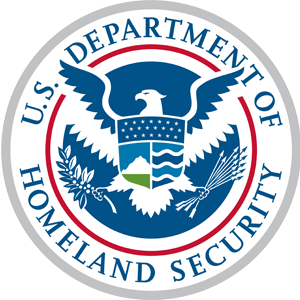
Department of Homeland Security (DHS)
The Department of Homeland Security provides the coordinated, comprehensive Federal response in the event of a terrorist attack, natural disaster or other large-scale emergency while working with Federal, State, local and private-sector partners to ensure a swift and effective recovery effort.
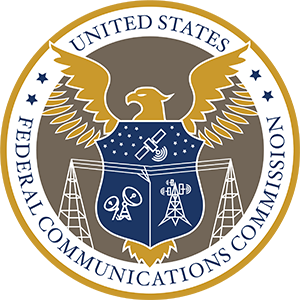
Federal Communications Commission (FCC)
The Federal Communications Commission, through its Public Safety and Homeland Security Bureau (PSHSB), works to ensure that first responders, including EMS personnel, have access to reliable, interoperable equipment during emergencies. The PSHSB provides information on Federal resources available to EMS personnel, assists in the development of emergency communications plans, and enrolls first responder organizations in priority services, including the telecommunications service priority (TSP), wireless priority service (WPS), and government entity telecommunications service (GETS).

Department of Transportation (DOT)
Through its Office of EMS, the Department of Transportation’s National Highway Traffic Safety Administration (NHTSA) reduces death and disability by providing leadership and coordination to the EMS community in assessing, planning, developing, and promoting comprehensive, evidence-based emergency medical services and 911 systems. Specifically, NHTSA partners with peer agencies to advance a National vision for EMS and collects and analyzes the data EMS managers need to make critical decisions.
Interagency Collaboration
The Office of EMS provides support to the Federal Interagency Committee on EMS (FICEMS), which is a collaborative body focused on defining the direction of Federal research and initiatives to support the EMS community. The agencies listed above comprise the membership of FICEMS. This membership receives input from the appointed community representatives who comprise the National EMS Advisory Council (NEMSAC).
NHTSA National 911 Program
911, the universal number to call for emergency help nationwide, is a proven, life-saving service to the public. NHTSA’s Office of EMS oversees the National 911 Program, which envisions an emergency response system that best serves the public, providing immediate help in all emergency situations.
Through our work in the NHTSA National 911 Program, we help 911 professionals deliver optimal 911 services to the public by providing Federal leadership and coordination and a variety of information, tools and resources, including model legislative guidelines, sample migration plans, grant information, benchmarking data, webinars and other educational materials for stakeholders.
This program, created by Congress as the Federal home of 911, currently focuses on supporting assessment and planning for the transition to more advanced ways for members of the public to access emergency response services.
Visit the National 911 Program at 911.gov.
